Iran’s Mole Tipped Israel, Killing Hezbollah Chief Nasrallah In Beirut Airstrike: Report
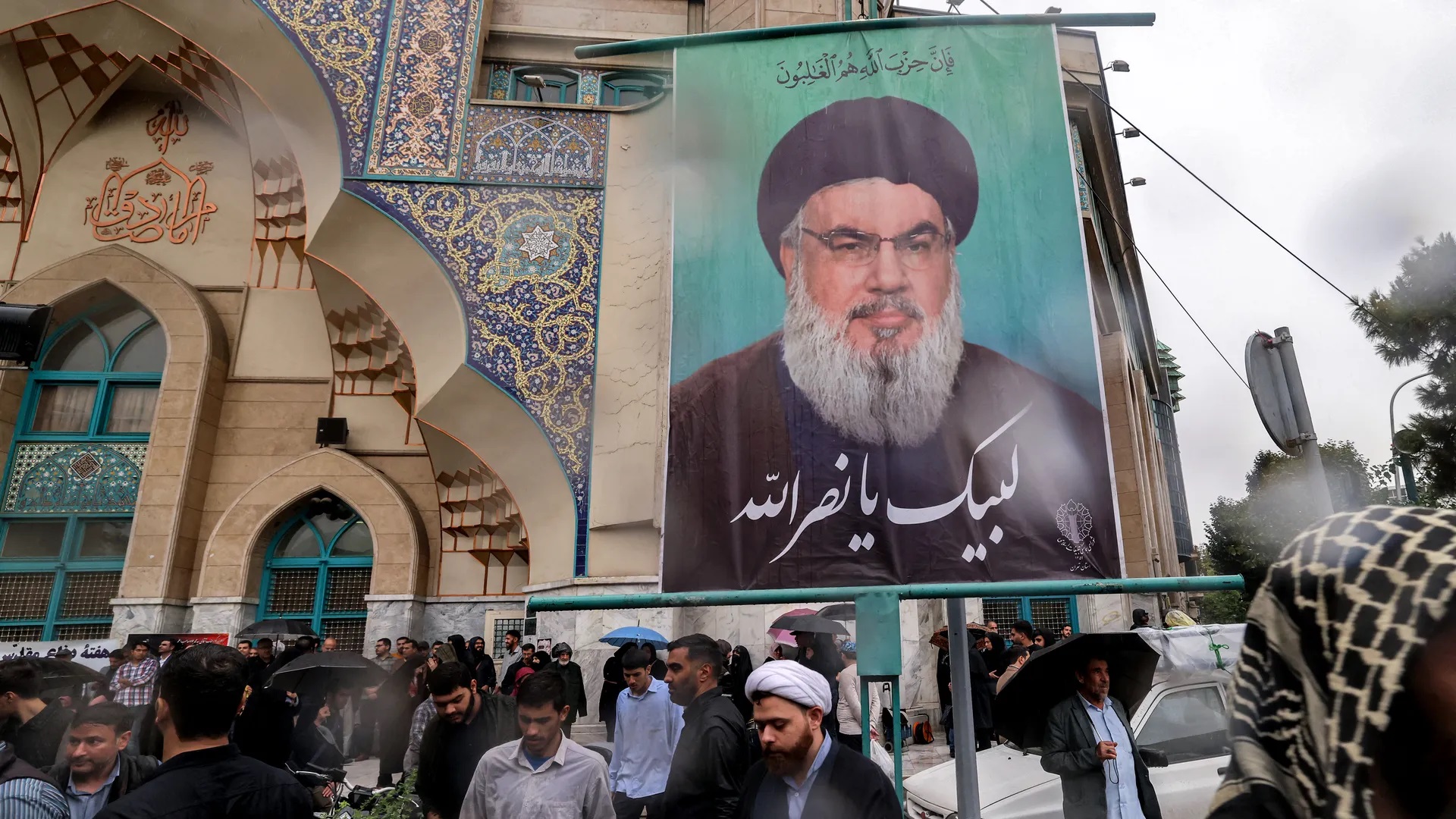
- The latest round of conflict between Hezbollah and Israel, which has been ongoing for four decades, has been fought in conjunction with Israel's war against Hamas in Gaza since the Palestinian group
- Hezbollah issued a statement on Saturday, confirming Nasrallah's death, stating that it would persist in its conflict with Israel "in defense of Lebanon and its steadfast and honorable people
According to reports, Israel received critical intelligence from an Iranian informant that resulted in the assassination of Hezbollah chief Hassan Nasrallah in a significant airstrike that struck his bunker on Friday.
Le Parisien reported that the informant informed Israeli forces of Nasrallah’s location just hours prior to the attack, which occurred at his high-security underground headquarters in Dahieh, a southern suburb of Beirut, according to a Lebanese security source.
In anticipation of Nasrallah’s arrival at the command center, the Israeli military stationed F-35 fighter jets in Lebanese airspace, which were equipped with bunker-buster bombs.
He was present at an emergency meeting with other senior commanders, including a member of Iran’s Quds Force, shortly after the funeral of a Hezbollah drone unit commander who was killed in a previous strike.
The assault entailed the drop of six two-ton bombs, which resulted in the destruction of two adjacent buildings and the formation of a substantial 30-meter-deep crater. According to reports, the explosion was audible from downtown Beirut.
This attack is widely regarded as one of the most significant against Hezbollah since 2006 and represents a substantial setback for the organization in the wake of Nasrallah’s passing.
Iran is currently concentrating on assisting Hezbollah in its efforts to reorganize, which includes the appointment of a successor and the reconstruction of its command structure, as reported by The New York Times. This year, Israel’s military asserts that it has eliminated eight of Hezbollah’s nine most senior military commanders, thereby significantly weakening the group’s leadership.
Additionally, explosives concealed within Hezbollah’s communication devices were detonated during the most recent attacks, resulting in the injury of approximately 1,500 fighters. After nearly a year of cross-border fire, the attacks have dealt Hezbollah a stunning succession of blows, resulting in the deaths of a significant portion of its leadership and the revelation of gaping security holes.
Fears that the conflict could spiral out of control have been exacerbated by Israel’s escalating bombardment, which has the potential to involve Iran and the United States, Israel’s closest ally.
The latest round of conflict between Hezbollah and Israel, which has been ongoing for four decades, has been fought in conjunction with Israel’s war against Hamas in Gaza since the Palestinian group, which is backed by Iran, invaded Israel on October 7.
Hezbollah issued a statement on Saturday, confirming Nasrallah’s death, stating that it would persist in its conflict with Israel “in defense of Lebanon and its steadfast and honorable people, as well as in support of Gaza and Palestine.”

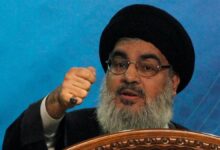
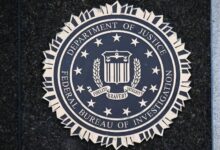
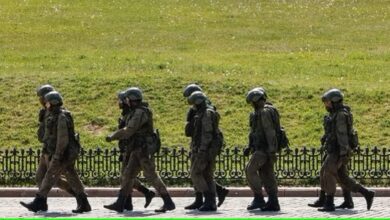
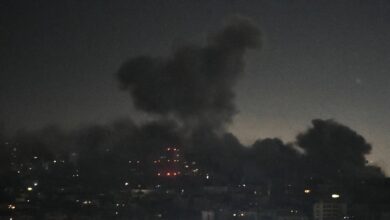
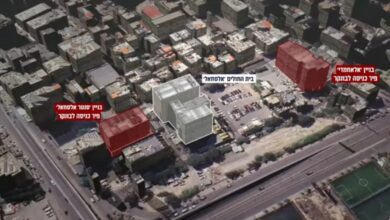
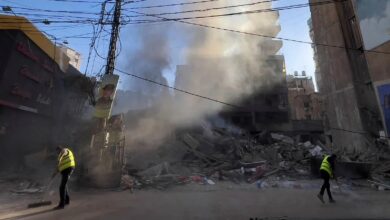
Facebook Comments